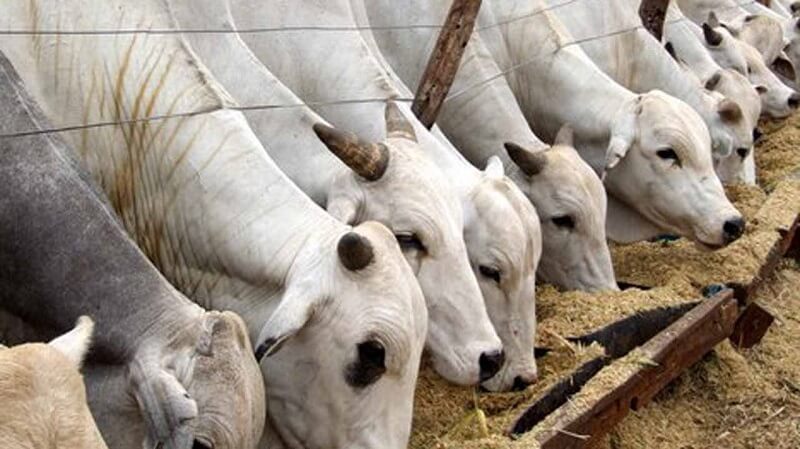In a move aimed at revitalizing Nigeria’s economy and addressing insecurity at its roots, the National Economic Council, NEC, has approved the establishment of a Cotton, Textile, and Garment Development Board, CTGDB.
The decision was made during the council’s recent meeting, chaired by Vice President Kashim Shettima and attended by the governors of all 36 states.
According to Stanley Nkwocha, Senior Special Assistant to the President on Media and Communications (Office of the Vice President), the CTGDB will be domiciled in the Presidency and funded through the Textile Import Levy collected by the Nigeria Customs Service.
The initiative is projected to generate as much as $90 billion in economic value by 2035, positioning the textile sector as a key driver of Nigeria’s industrial revival.
The council also approved a series of complementary initiatives to support agribusiness growth and transform the livestock sector. Central to these is the establishment of a national office for the Green Imperative Project, GIP, in Abuja, with regional offices spread across the six geopolitical zones.
The GIP is designed to modernize agricultural practices and curb the persistent conflicts associated with traditional animal husbandry systems.
Membership of the Cotton, Textile, and Garment Development Board will include representatives from each of the six geopolitical zones, alongside the Ministers of Agriculture and Food Security; Budget and Economic Planning; and Industry, Trade, and Investment.
Vice President Shettima emphasized that reviving the textile sector aligns with President Bola Ahmed Tinubu’s broader economic agenda, noting that a vibrant textile industry once clothed Nigerians and powered significant portions of the national economy.
The Vice-President said, “Nigeria is a nation where cotton can thrive in 34 states. Yet our production level remains a fraction of our potential. We currently produce only 13,000 metric tons, while we continue to import textiles worth hundreds of millions of dollars.
“This is not just an economic imbalance. It is an invitation to act. Our goal is not just regulation. It is a revival. This is our opportunity to re-industrialise, to empower communities, and to restore pride in local production.”
Another key highlight of the NEC meeting was a presentation by the Federal Ministry of Livestock Development, FMLD, on the “Nigeria Livestock Growth Acceleration Strategy.” The strategy, anchored on the National Livestock Transformation Plan, NLTP, 2018–2028, aims to modernize the country’s livestock sector, with a strong focus on promoting cattle ranching and fostering peace in communities affected by herder-farmer conflicts.
Source - https://thestreetjournal.org













